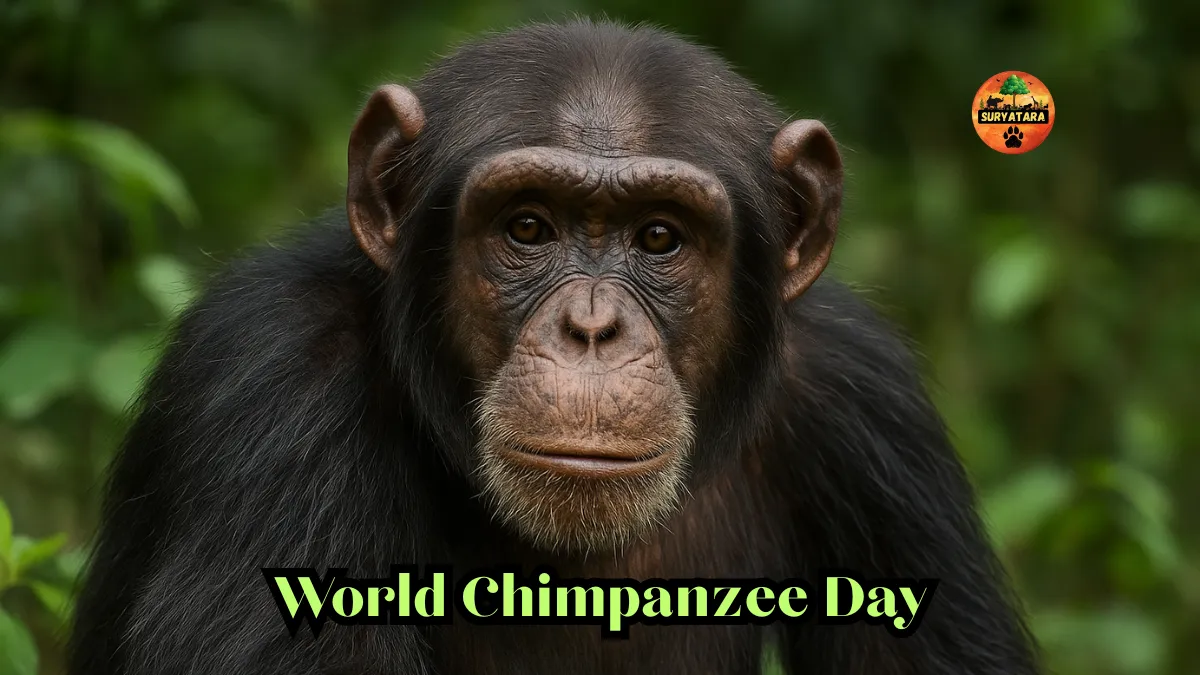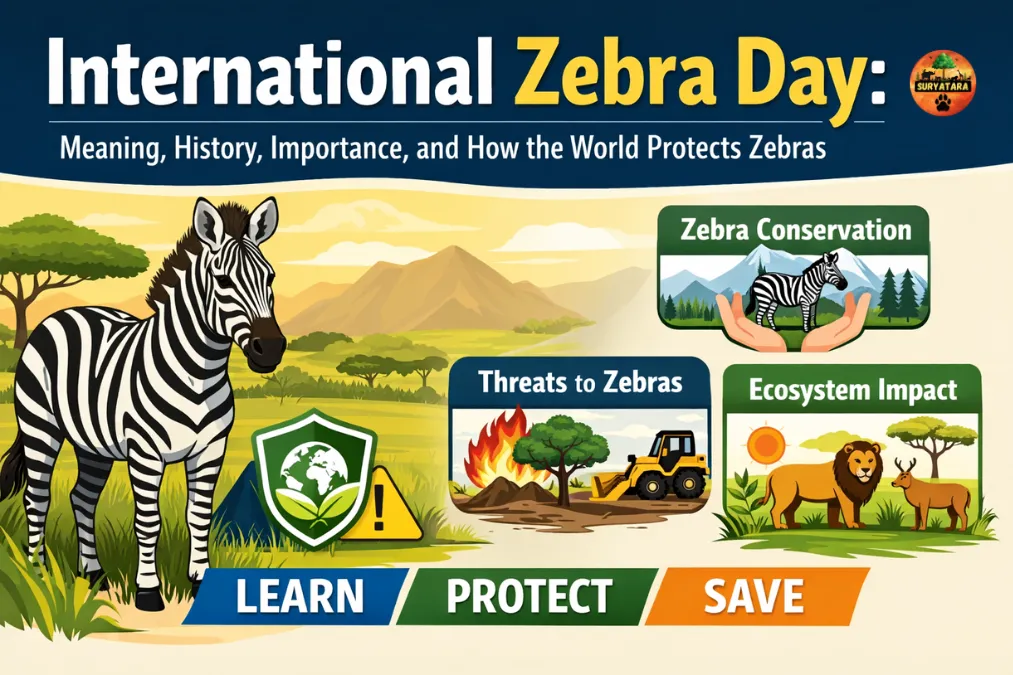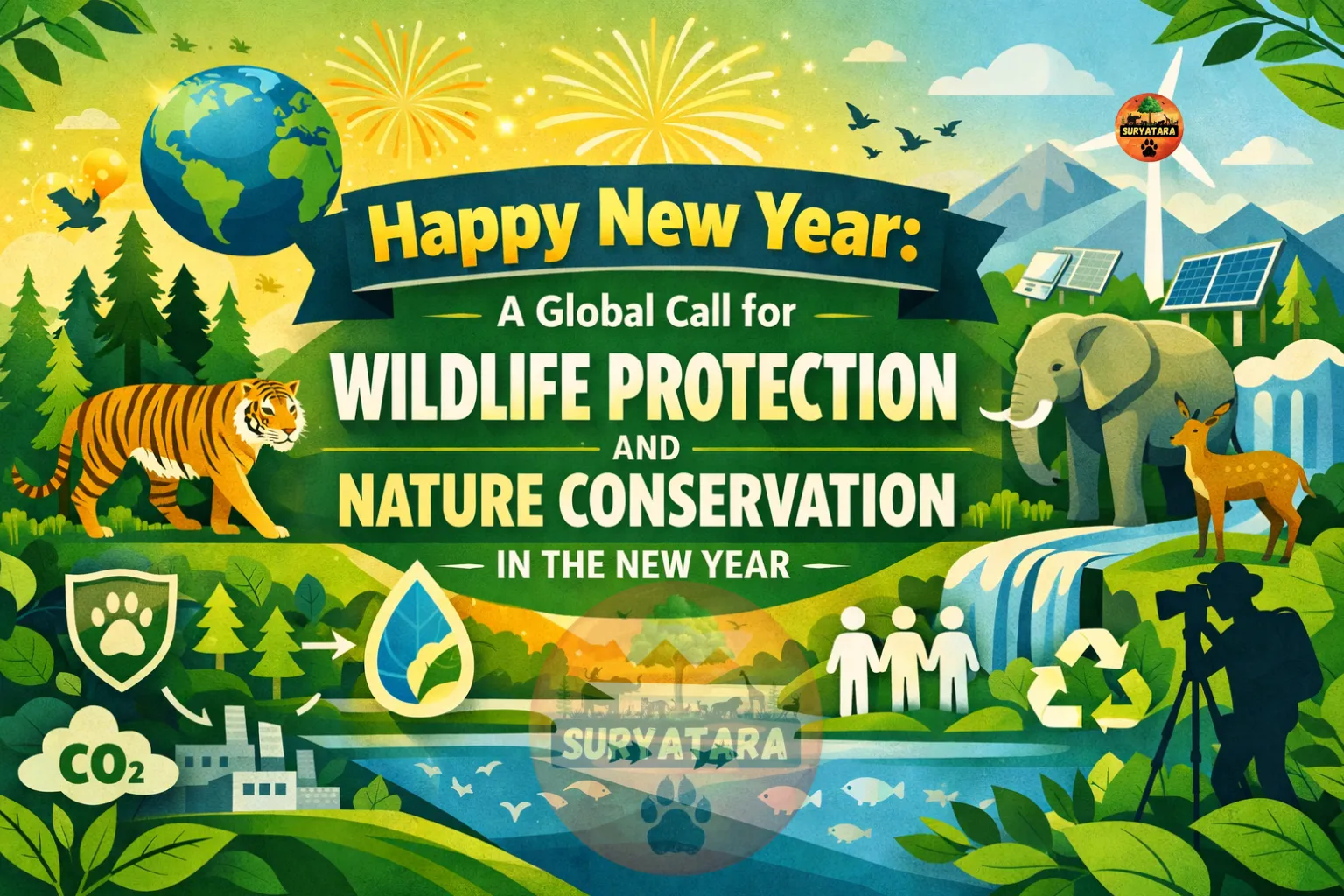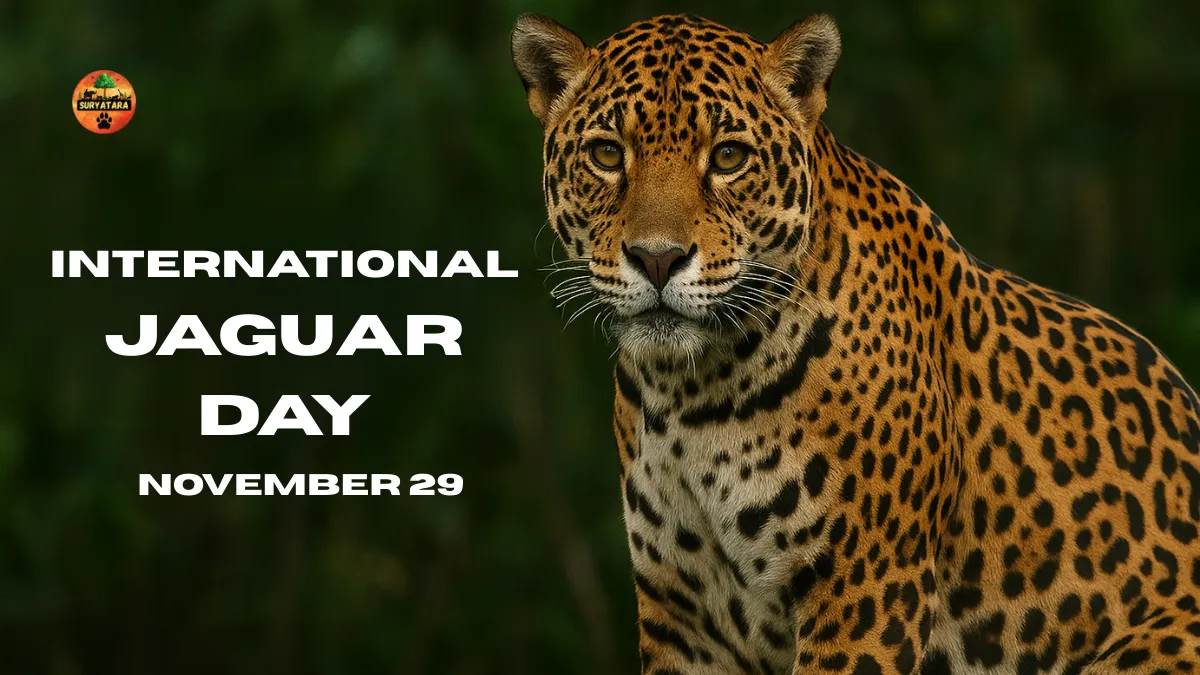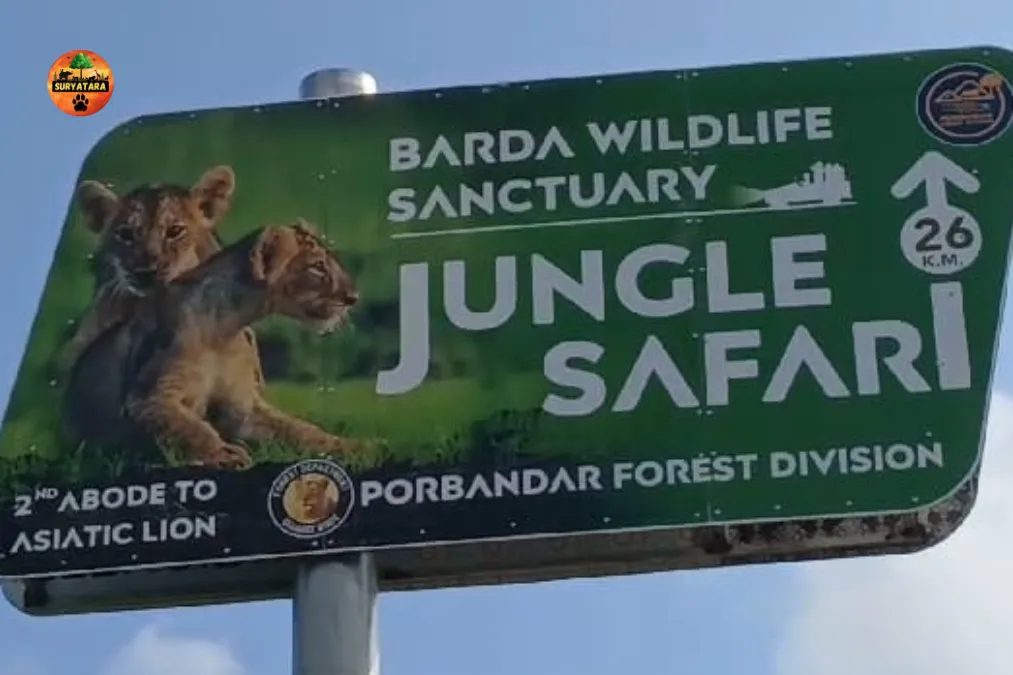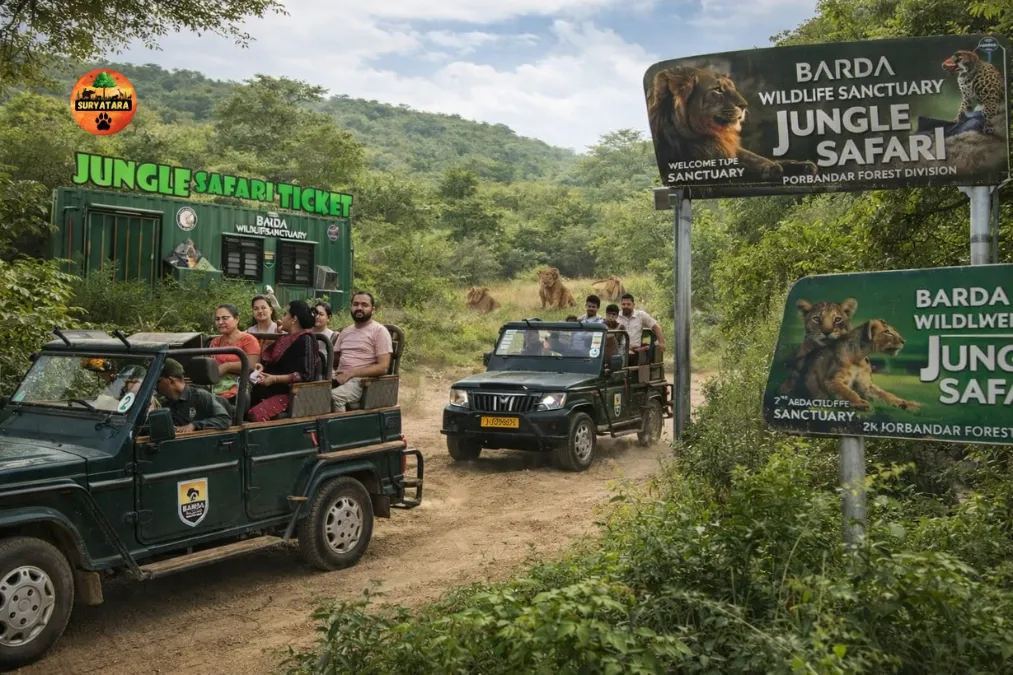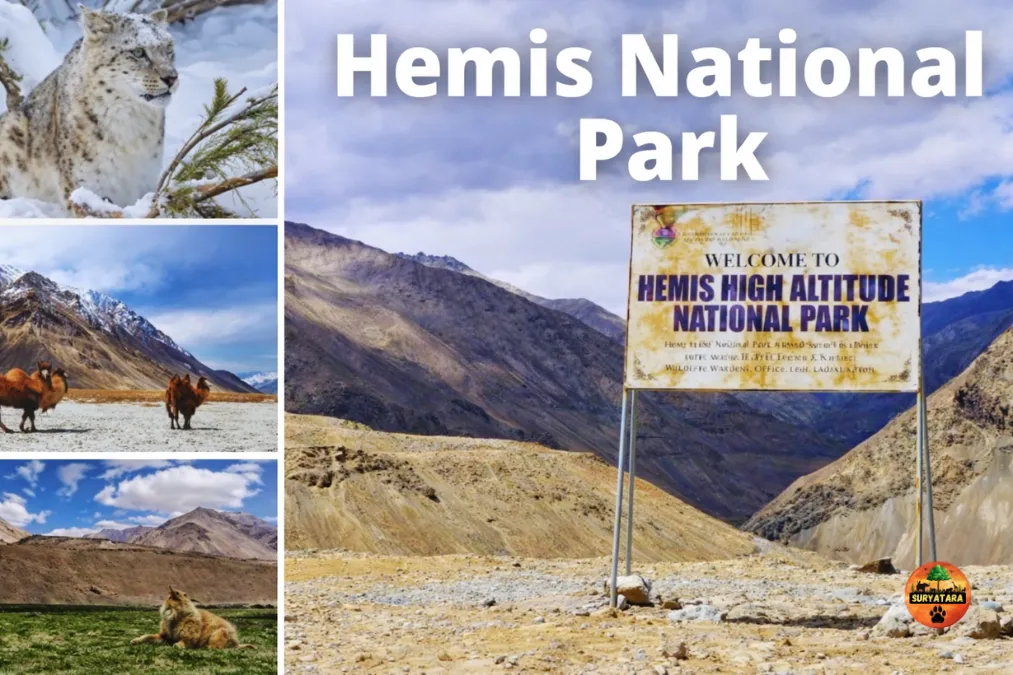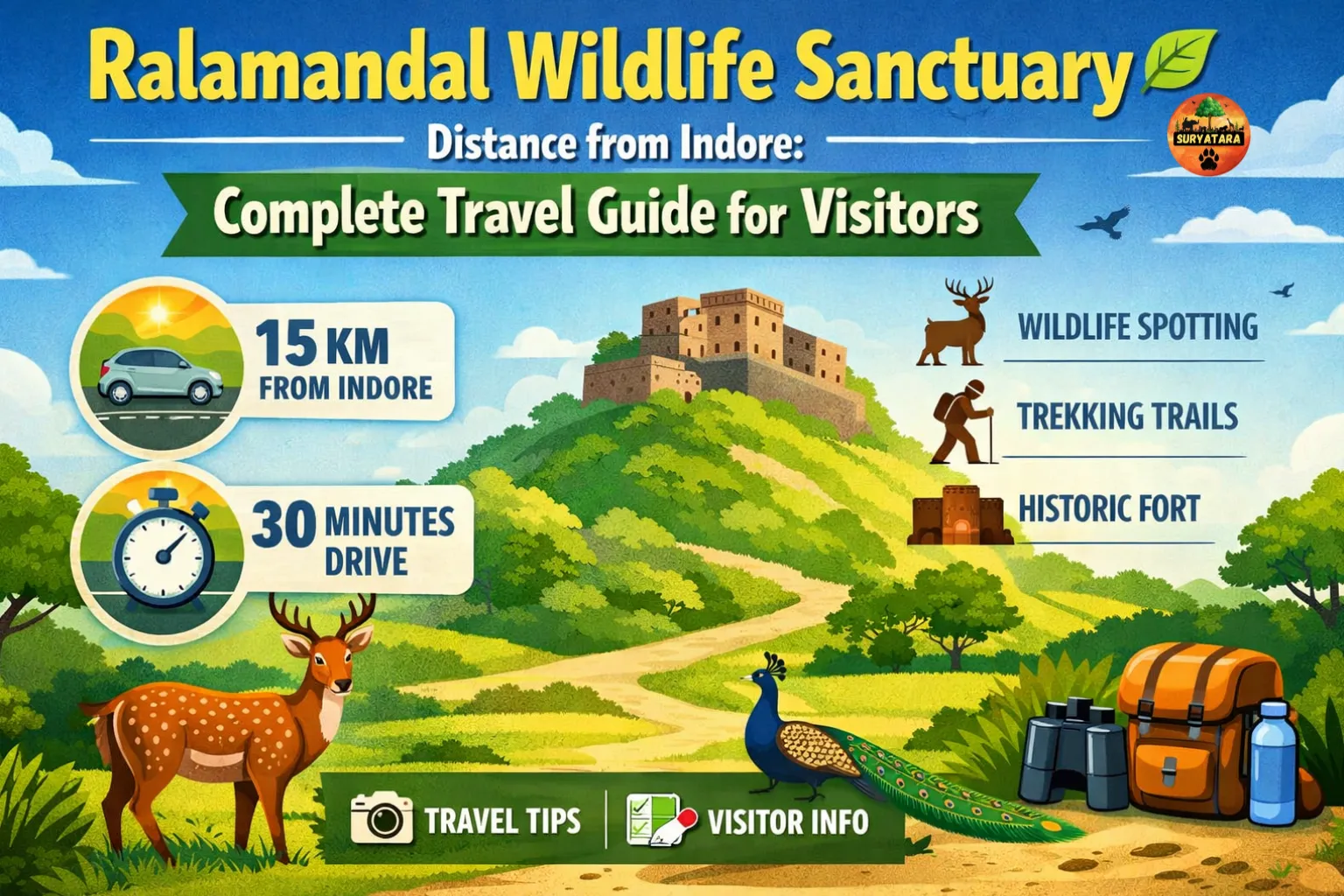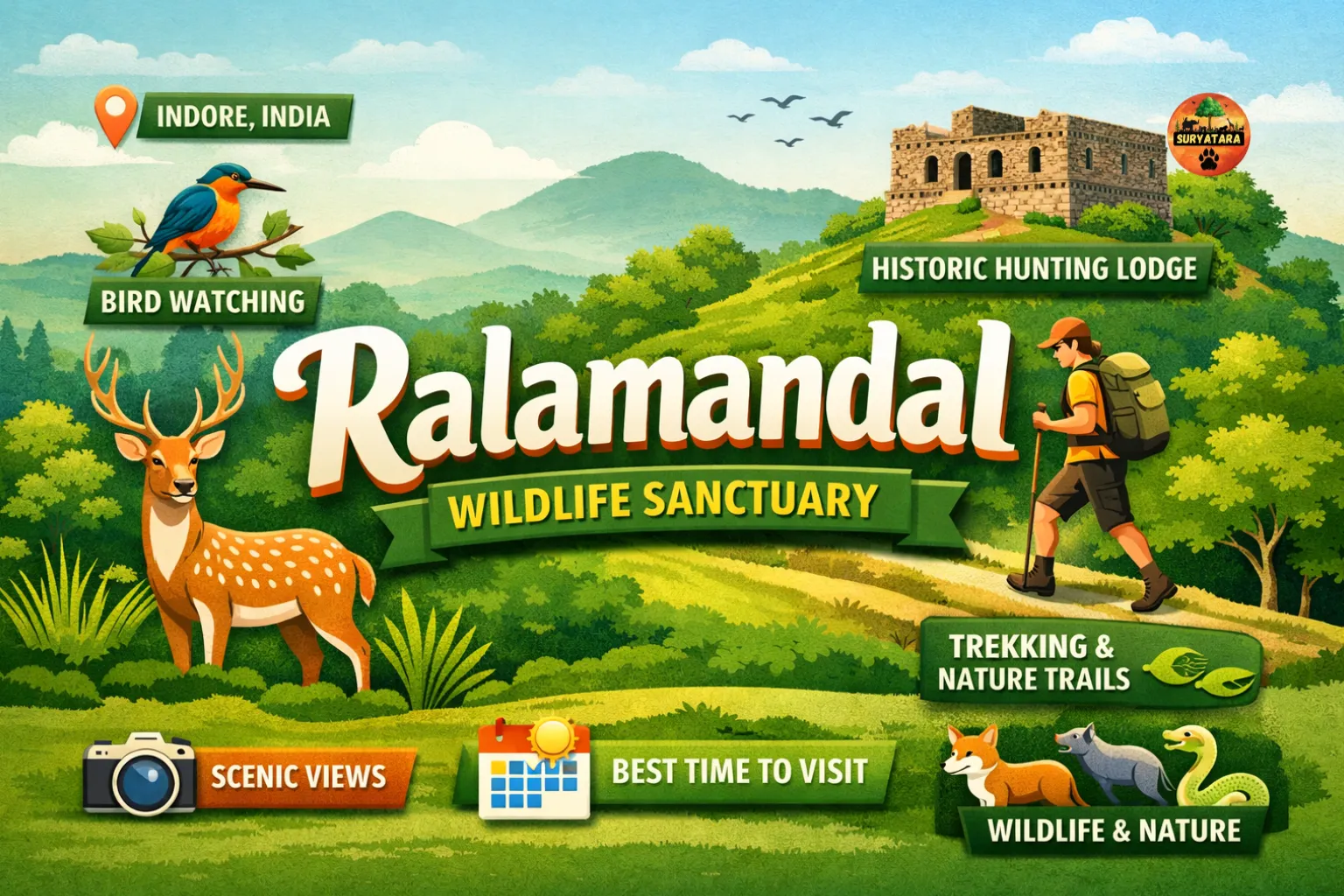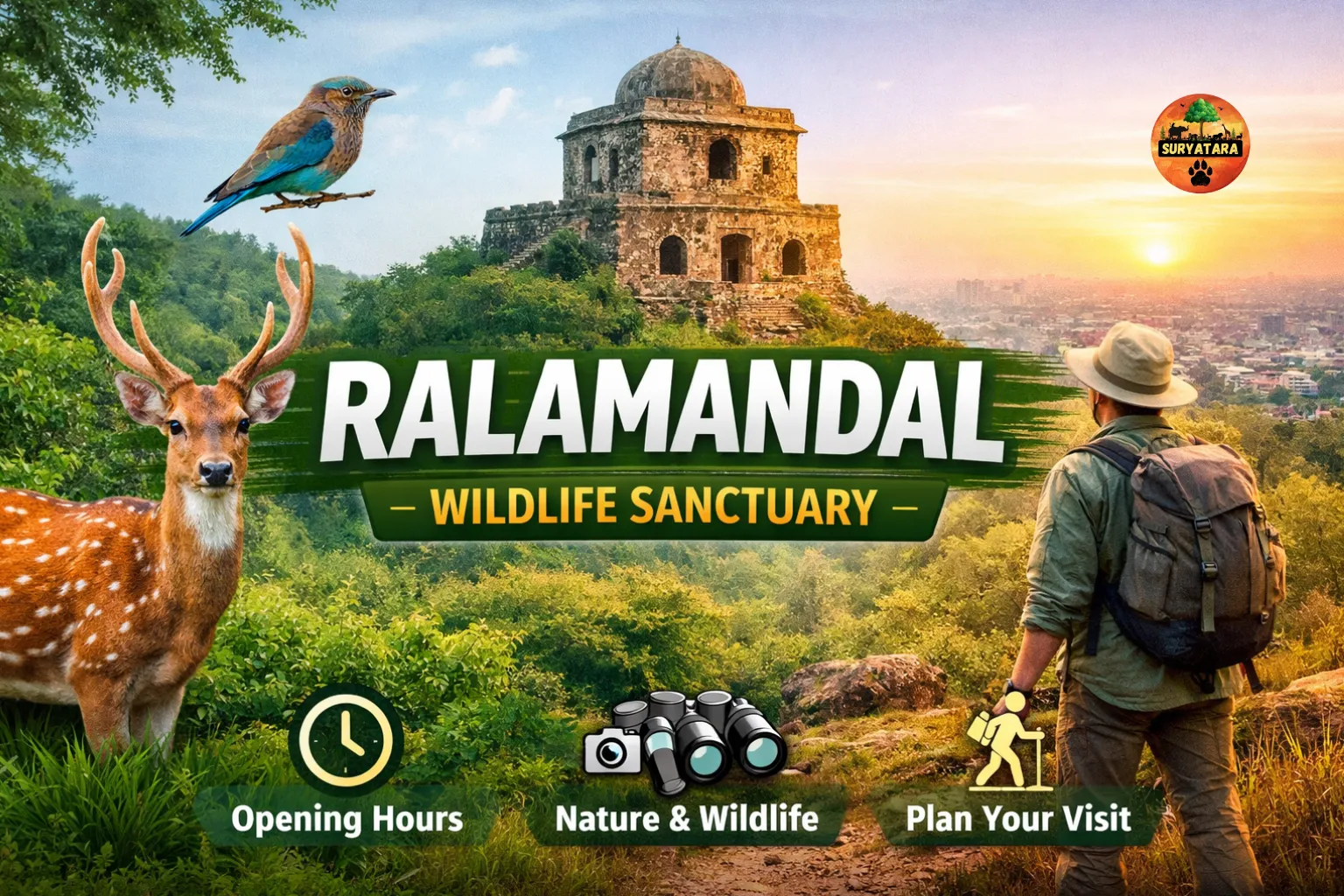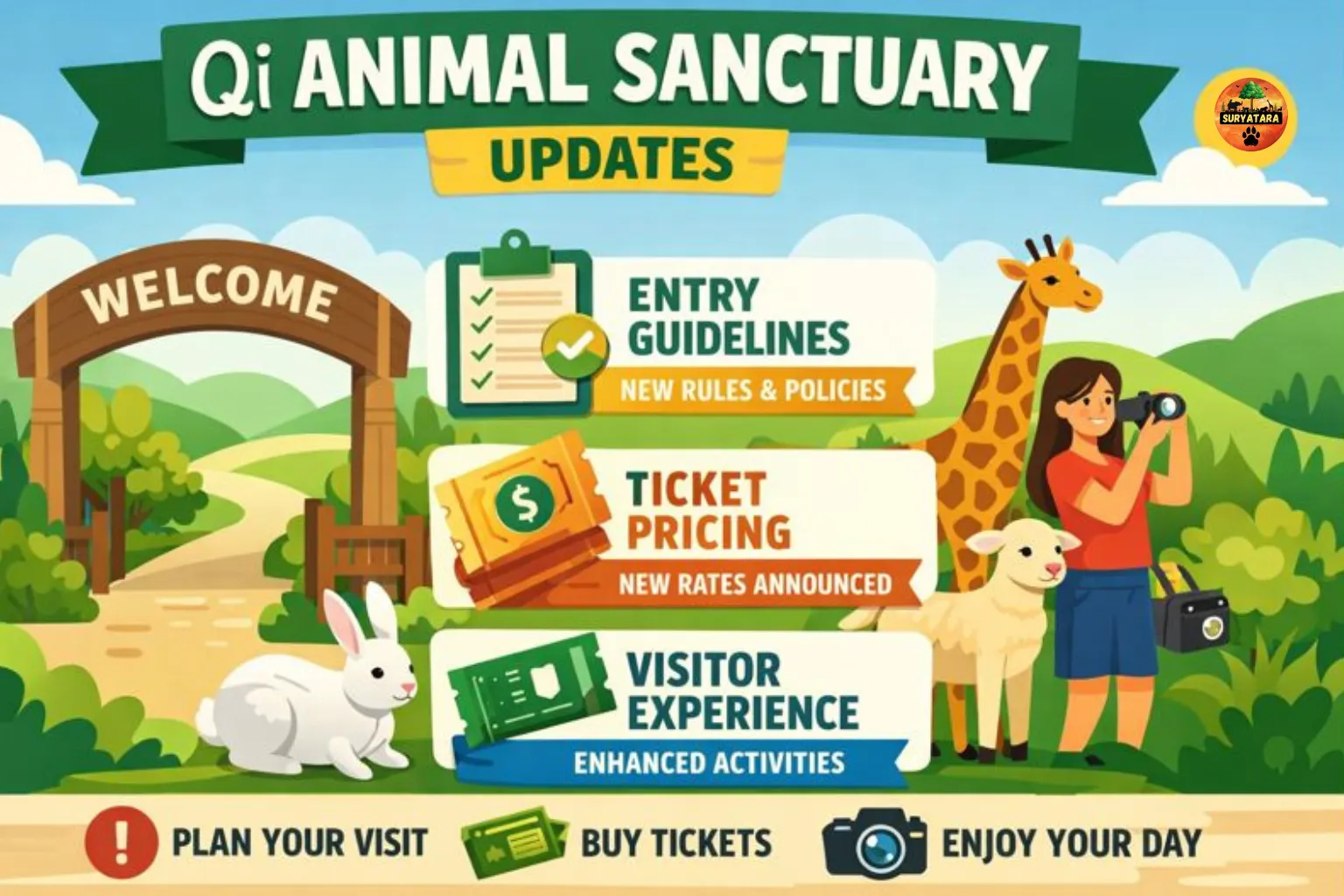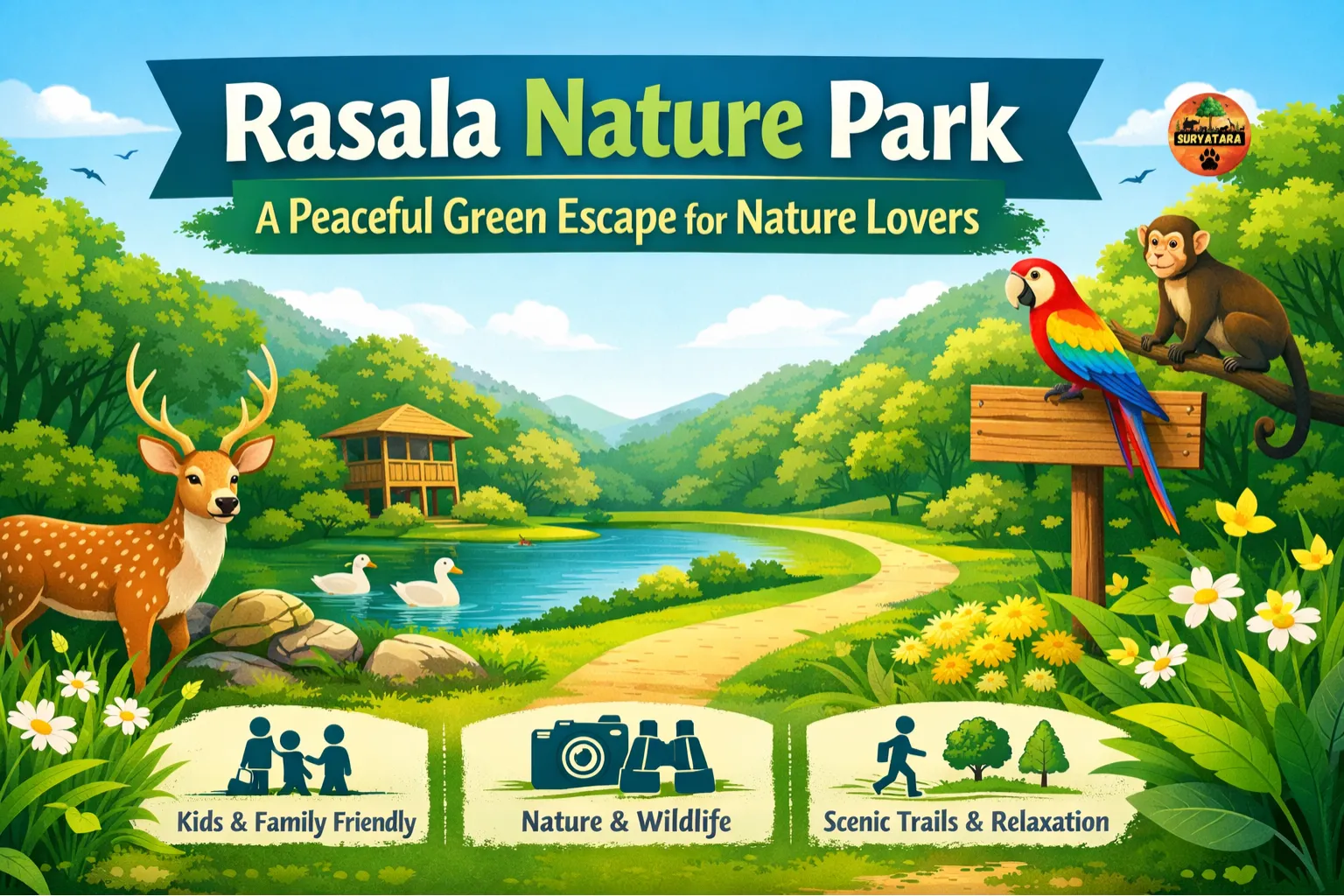World Chimpanzee Day is a global observance dedicated to raising awareness about one of our closest genetic relatives in the animal kingdom—the chimpanzee. Celebrated annually on July 14, this day highlights the urgent need to protect chimpanzees and their rapidly disappearing habitats. From education to conservation, World Chimpanzee Day reminds us of our shared responsibility to protect these intelligent and social primates.
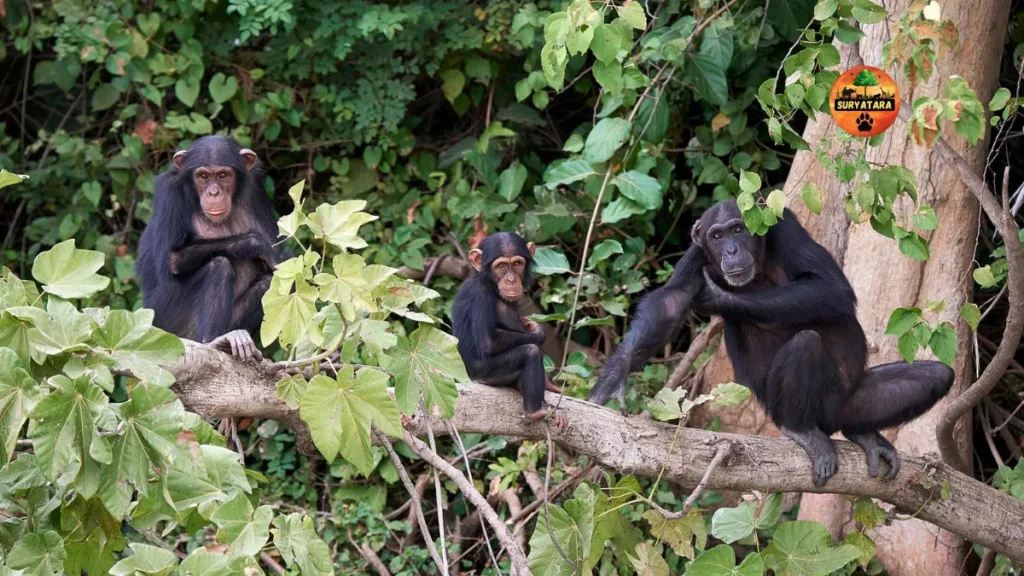
Why We Celebrate World Chimpanzee Day
World Chimpanzee Day was first launched in 2018 to commemorate the day in 1960 when Dr. Jane Goodall began her pioneering research on wild chimpanzees in Gombe, Tanzania. Her groundbreaking observations changed the way humans understand animals and ourselves. Today, this day serves as a platform to promote:
- Chimpanzee conservation
- Scientific research and ethical treatment
- Public awareness about illegal wildlife trade and deforestation
By observing World Chimpanzee Day, we pay homage not only to Dr. Goodall’s legacy but also to the species that taught us so much about empathy, family, and survival.
The Importance of Chimpanzees in the Ecosystem
Chimpanzees play a vital role in maintaining the ecological balance of their forest habitats. As seed dispersers, they help in regenerating trees, supporting biodiversity. Losing chimpanzees means losing a critical piece of the natural puzzle that sustains the environment.
Moreover, chimpanzees share about 98.7% of their DNA with humans, making them essential to medical and genetic research. Studying them has helped scientists better understand neurological diseases, human behavior, and even social dynamics.
Threats Facing Chimpanzees Today
Despite their importance, chimpanzees face numerous threats, including:
- Habitat loss due to logging, agriculture, and mining
- Illegal wildlife trade for pets and entertainment
- Poaching for bushmeat
- Disease transmission from humans to apes
Their population has declined dramatically in recent decades. Conservationists estimate that wild chimpanzee populations have dropped by over 50% in the last 60 years, making efforts to protect them more crucial than ever.
World Chimpanzee Day Activities and How You Can Get Involved
You don’t have to be a scientist or conservationist to make a difference on World Chimpanzee Day. Here are some impactful ways to get involved:
- Educate yourself and others: Read books or watch documentaries like Jane or Chimpanzee.
- Support conservation organizations: Donate to groups like the Jane Goodall Institute, Wildlife Conservation Society, or Chimpanzee Sanctuary and Wildlife Conservation Trust.
- Spread the word: Use social media to share facts, videos, and stories using the hashtag #WorldChimpanzeeDay.
- Adopt a chimpanzee (symbolically): Many organizations offer virtual adoption programs to support individual rescued apes.
Key Facts About World Chimpanzee Day
| Aspect | Details |
|---|---|
| Name of Event | World Chimpanzee Day |
| Date Observed | July 14 |
| First Celebrated | 2018 |
| Purpose | Raise awareness about chimpanzee conservation |
| Inspired by | Dr. Jane Goodall’s first visit to Gombe, 1960 |
| Major Supporters | Jane Goodall Institute, UN, Wildlife NGOs |
| Main Activities | Education, social campaigns, fundraising |
| Conservation Status | Endangered (IUCN Red List) |
| Key Hashtag | #WorldChimpanzeeDay |
The Role of Sanctuaries and Conservation Programs
Sanctuaries play a vital role in the survival of chimpanzees rescued from illegal trades or abusive environments. These safe havens provide rehabilitation, medical care, and a naturalistic environment where chimps can live with dignity.
Programs like Tchimpounga Sanctuary in the Republic of Congo and Ngamba Island Chimpanzee Sanctuary in Uganda are leading examples of how sanctuaries offer both refuge and education to the public.
Furthermore, conservation programs also focus on community outreach, helping locals find sustainable ways to live in harmony with nature. This includes alternative livelihoods, education, and reforestation projects that benefit both humans and wildlife.
Also read: Dinosaur Day 2025: Celebrating the Giants of Prehistoric Times
A Message for the Future
World Chimpanzee Day is more than a celebration—it’s a call to action. As our closest cousins in the animal world, chimpanzees deserve not just admiration but real protection. Every choice we make, from what we consume to how we vote, can impact the future of these amazing animals.
Whether you’re a student, teacher, parent, or policymaker, your voice and actions matter. Take a moment today to reflect, educate, and act—because the future of chimpanzees depends on all of us.
Also read: World Rainforest Day 2025: Why It Matters and How You Can Make a Difference
Conclusion
World Chimpanzee Day reminds us of our shared roots and the responsibility we hold as stewards of the Earth. These incredible primates are not just scientific subjects or symbols of the wild—they are sentient beings with complex emotions and social structures. Let us honor them by protecting their homes, supporting their guardians, and advocating for a better world where chimpanzees and humans coexist in balance and respect.
Let July 14 not just be a date on the calendar, but a lasting commitment to the welfare of chimpanzees—today and for generations to come.
